New York Times bestselling author Susan Dennard is every adjective I could use in an extremely positive light.
At the appointed time for her talk at Grand Rapids Comic Con, Susan walked into the jam-packed lecture room with a certain something to her - maybe it was the brilliant costume. It was probably the brilliant costume.
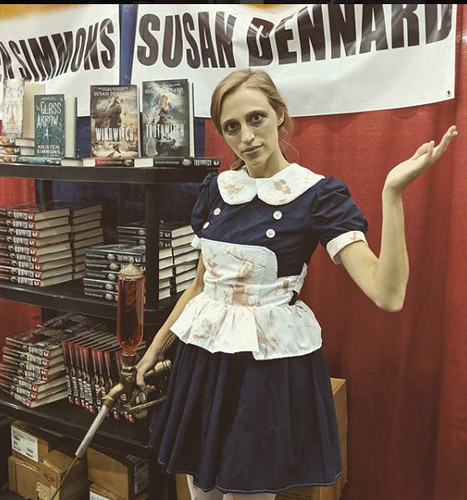
She presented herself as grounded, yet hopeful and funny, perfectly brewed with realism, and luckily, that was exactly how her talk on writing was, too.
Her talk, From Fantasy to Romance to Sci-Fi: Writing Your Novel and Getting It Published, was the only one that made me go home and rethink my writings - which, I think, is one of the most important feelings you can walk away with at a talk like that.
I will admit, I hadn't read all of her works, but when I went home, I found myself putting holds on each book at my library, putting the books I had read on my wishlist, subcribing to her useful newsletter, and stalking her socials (mostly tumblr) to keep the writing inspiration going. Once you start reading her books, you’ll want all of them, in a row, without stopping.
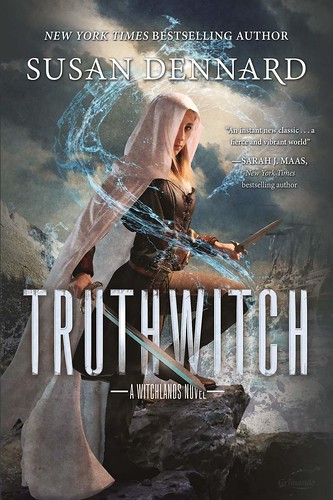
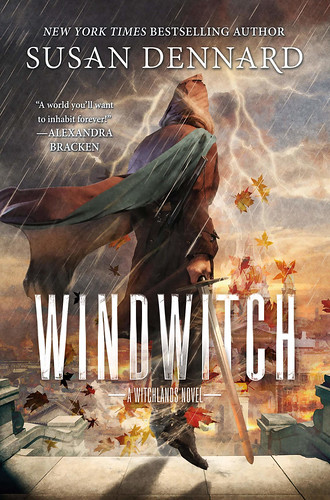
I hope everyone gets the chance to hear Dennard speak, because it's truly unforgettable. If you can’t find her at a comic con, be sure to follow her online, subscribe to her extremely useful Misfits and Daydreamers writers newsletter, and dig in to her extensive writing resources. You’ll be glad you did.
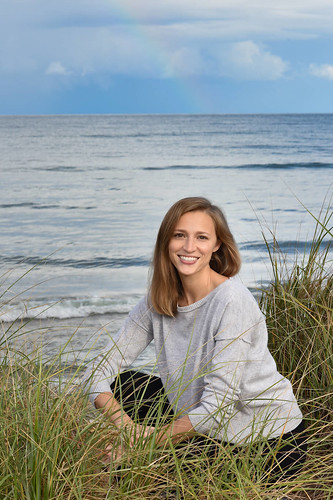
We were lucky enough to catch up with Dennard, and ask her about pop culture (we did meet her at a comic con!), writing and researching, #OwnVoices, including the world in your writing, and more. Here’s what she had to say…
How does pop culture influence your writing?
I'm definitely influenced by the media I consume -- from books, to TV, to video games (especially video games). I'm constantly breaking apart stories to see how the pieces fit and work together. Sometimes, it's because I like what a story did and want to find away to apply similar concepts. Other times, it's because I hated what a story did and want to make sure I'm not making the same mistakes with my own stories.
How do you start writing and researching for a genre?
I write mostly fantasy, and I read (and have read growing up) mostly fantasy. I think knowing the genre's tropes, knowing what's been done before, as well as what works (for you) and what doesn't is key. It's the only way to write something truly unique in the genre -- or, if that's not the goal, to hit the tropes and beats you want to hit.
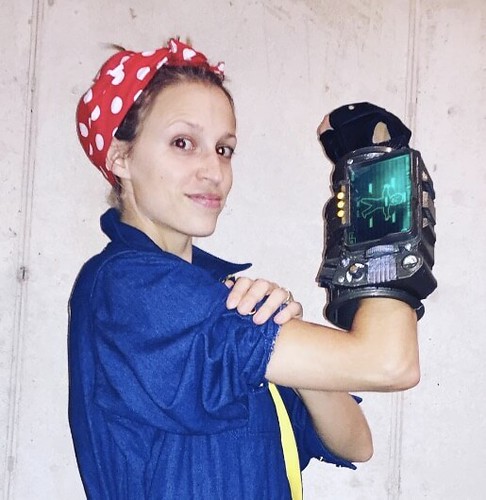
What do you wish both new and experienced writers would pay attention to?
#Ownvoices! White writers throughout history have taken it upon themselves to write narratives about other cultures, other creeds, other races, other orientations. We have done it for pure entertainment, or we have done it thinking we were "helping." But the fact is that this has led to so many harmful stereotypes that we have not only internalized but also continue to perpetuate in future narratives.
If the story you want to tell is better told by a person from that culture or of that orientation/identity, then let them do it. Otherwise, you will ultimately cause more harm than good.
What tips do you have for writers to include the world in their writing?
Again, read widely in the genre so you understand how different genres create and share worlds on the page.
Remember that everything in the tale has to have a reason and adhere to a set of rules. It's the only way to make things feel real.
Additionally, be careful about cultural appropriation! White writers have a tendency to pick and choose real world things -- from clothes to rituals to architecture -- because they think it would "look cool in their story." But this is deeply dismissive of the significant cultural meaning behind all those things. It eliminates the history, the cultural evolution, or even on a most basic level, the practical purpose of what they've plopped into their story. Do your research, and be respectful!
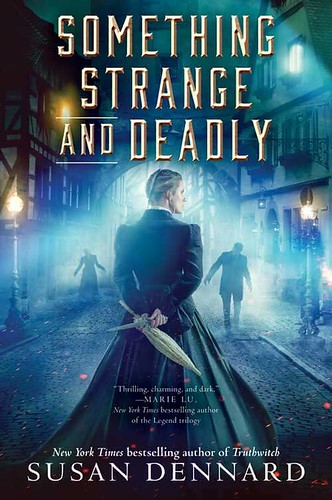
How does music fit into your writing life?
Music is hugely important in my writing, particularly when I'm in a brainstorming phase and coming up with ideas for the story or for a scene. I like movie and video game scores (or other instrumental, "epic" music types) because they let me imagine my story like a movie in my head.
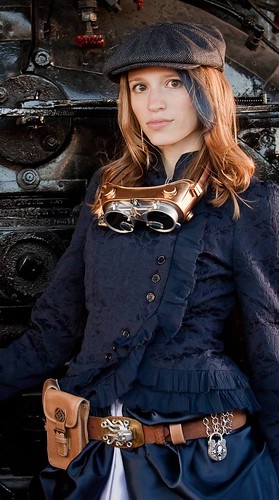
More articles in our Write This series:
Write This: Author Stacey Filak on Worldbuilding
Write This: Author Kristen Simmons on the Importance of Backstory
Lillie Forteau is an artist and potter who spends most of her days writing, painting, sewing, and cosplaying. Look for her Write This interview series.
All photos courtesy and copyright Susan Dennard
